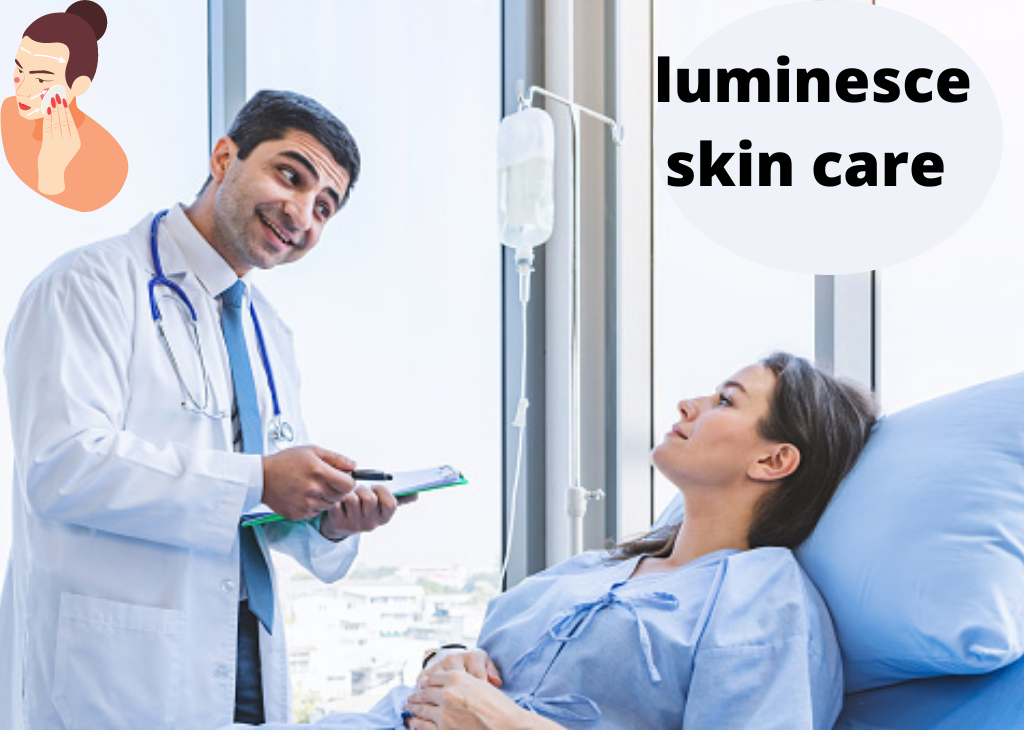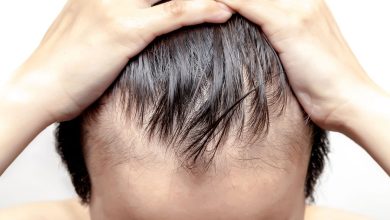Products for several weeks and they don’t help, ask your doctor to prescribe more effective

Prescription medications for you. A dermatologist can help you with:
Acne medications work by reducing oil production and swelling or by treating a bacterial infection. Most prescription acne medications don’t show results until you’ve used them for four to eight weeks. The treatment of acne may extend for months or years until it is completely gone.
Your doctor will determine the treatment regimen based on your age, type and severity of acne, and your willingness to stick to the regimen. For example, you may have to wash the affected skin and apply medication to it twice daily for several weeks. You’ll often use topical medications in conjunction with medications taken by mouth (oral medications). It is worth noting that treatment options for pregnant women are limited due to the risks of side effects.
Talk with your doctor about the risks and benefits of medications and other treatments you’re considering. Schedule follow-up appointments with him every three to six months until your skin improves.
Oral medications
Usually the first choice for treating acne is tetracycline (minocycline, doxycycline) or a macrolide (erythromycin, azithromycin). A macrolide may be an option for people who can’t take tetracycline, including pregnant women and children under 8 years old.
Severe side effects from using antibiotics to treat acne rarely occur. But these medications increase your skin’s sensitivity to the sun.Combined oral contraceptives. The U.S. Food and Drug.
These medications are also associated with an increased risk of cardiovascular disease, breast cancer, and cervical cancer.Antiandrogens.Isotretinoin. Isotretinoin (Amnesteem, Claravis, others), a substance derived from vitamin A, may be prescribed for moderate to severe acne that doesn’t respond to other treatments.
Possible side effects of oral isotretinoin include inflammatory bowel disease, depression, and severe birth defects. But all people receiving isotretinoin must participate in the FDA-approved risk management program. They will need to visit their doctors regularly to monitor for side effects.
Lifestyle and home remedies:
You can prevent or control mild to moderate acne by using over-the-counter products, as well as basic good skin care and other personal care techniques such as:
Wash the affected areas with a mild detergent. Use your hands to wash your face with a mild soap or cleanser (Cetaphil, Vanicream, others) and warm water twice daily. Shampoo your hair daily if you have oily hair. Use caution while shaving the affected area of your skin.
Avoid using some products such as face scrubs, astringents, and face masks. They usually irritate the skin and can make the condition worse. Excessive washing and peeling of the skin also irritates the skin.
Experiment with over-the-counter acne products to dry up excess oils and increase exfoliation. Look for products that contain benzoyl peroxide as an active ingredient. You can also use products that contain salicylic acid, glycolic acid, or alpha hydroxy acids. You may not see any improvement until after a few weeks of using the product.
Creams cause less acne breakouts than gels or ointments. Over-the-counter acne medications may cause initial side effects, such as redness, dryness, and scaling, but they often improve after one month of use.
Avoid irritants. Oily or oily cosmetics, sunscreen, hair-styling products, or acne concealers may aggravate the condition. Instead, use products labeled as water-based or non-comedogenic (they don’t clog pores), as they don’t often cause acne breakouts.
Protect the skin from the sun’s rays. The sun increases skin discoloration that sometimes persists after some people’s acne clears up. Some acne medications also make you more likely to get sunburn. Consult your doctor to see if the medication you are taking falls into this class of medication. If it is one of them, avoid exposure to the sun as much as possible. Use a non-oily (non-comedogenic) moisturizer that contains sunblockers regularly.
Avoid rubbing or squeezing your skin. Protect your acne-prone skin from contact with items such as phones, helmets, collars or tight belts, and backpacks.
Avoid touching or peeling acne-prone areas. This may trigger more acne, infection, or scarring.
Shower after strenuous activities. The presence of oils and sweat on your skin can cause acne breakouts.
Adaptation and support
Acne and acne scars can cause anxiety and may affect social relationships and self-image. Sometimes talking with your family, a support group or a counselor can help.
Stress can make acne worse. Try to manage stress by getting enough sleep and practicing relaxation techniques.




